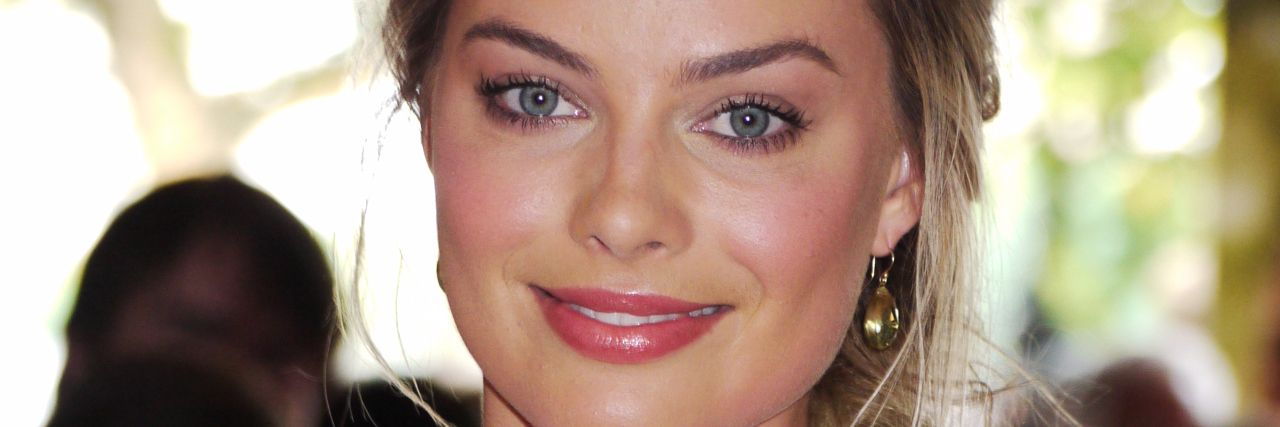Margot Robbie Defends the Controversial Way 'I, Tonya' Handles Domestic Violence
Since it came out in December, “I, Tonya,” the biographical comedy about figure skater Tonya Harding and her connection to the 1994 attack on rival skater Nancy Kerrigan, has been a topic of conversation for multiple reasons, including how it portrays domestic violence.
Responses to the film’s comedic and irreverent tone have been mixed when it comes to the way it handles domestic violence.
I did not like I, Tonya. I found it entirely flippant and condescending, especially in its portrayal of domestic violence. Yuck.
— Jordan Blilie (@JordanBlilie) January 13, 2018
Seriously, go see I, Tonya. Even if you don’t give a crap about the story, you’ll walk away with at least a better understanding of the cycle of domestic violence.
— sleepy tired (@DoubleWammy13) January 13, 2018
I, TONYA has some great performances, but playing domestic violence for laughs/handwaving it away b/c she was a “tough girl” made me kinda queasy.
— JMH (@GenerationMeh) January 14, 2018
I feel Tonya being perpetually involved in physically abusive relationships, and what that does to your character as an adult, was an important story to tell. Making an occasional punchline out of man-on-woman domestic violence though…not cool, movie. Not cool at all.
— Jeff Widman (@jeffwiddy) January 12, 2018
On Tuesday, actress Margot Robbie (who plays Harding) defended the film’s depiction of domestic violence in an interview with the New York Times. When asked about the criticisms that the movie “makes light” of domestic abuse, Robbie said,
Something that struck me most about watching all the footage [of Tonya Harding] was the documentary made about her when she was 15. She’s very candid and vulnerable, and insecure. She’s just looking at the camera, saying, ‘My mom’s an alcoholic, and she hits me, and she beats me.’ The worst thing [about] a domestically abusive relationship is that it’s a vicious cycle. And you see her go back to [her first husband, Jeff Gillooly] time and time again. We wanted to emphasize that this is a cycle and this is so routine for her, because it’s happened her whole life. She can emotionally disconnect in that moment and speak to the audience, completely matter-of-factly.
In an interview with Vulture, director Craig Gillespie said each scene featuring domestic violence was carefully considered, and they ultimately decided “breaking the fourth wall” was the cinematic way they could show how desensitized Harding became to the abuse.
“It was part of trying to get into the mindset she’s in,” Gillespie said. “The idea of breaking the fourth wall — which wasn’t scripted — I thought, ‘Let’s try this in this violent moment. It reinforces that she’s not connected.’”
Despite the controversy surrounding “I, Tonya,” it’s important to have discussions about domestic and intimate partner violence. According to The National Domestic Violence Hotline, one in four women and one in seven men have been the victim of severe intimate partner violence, and about half of all women and men have experienced psychological aggression by an intimate partner.
If watching “I, Tonya” or reading coverage of the film was hard for you, you’re not alone. If you or a loved one is affected by domestic violence or emotional abuse and need help, call The National Domestic Violence Hotline at 1-800-799-7233.
Photo via “I, TONYA” Facebook page
Image via Creative Commons/Wikimedia Commons

